ECS celebrates 115 years of academic publishing
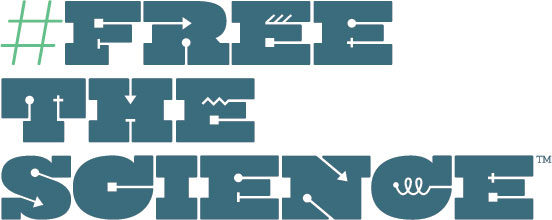 ECS is celebrating its 115th anniversary this year by giving the world a preview of what complete open access to peer-reviewed scientific research will look like. ECS will launch the first Free the Science Week, April 3-9, and take down the paywall to the entire ECS Digital Library, making over 132,000 scientific articles and abstracts free and accessible to everyone.
ECS is celebrating its 115th anniversary this year by giving the world a preview of what complete open access to peer-reviewed scientific research will look like. ECS will launch the first Free the Science Week, April 3-9, and take down the paywall to the entire ECS Digital Library, making over 132,000 scientific articles and abstracts free and accessible to everyone.
In April of 1902, a group of innovative young scientists sought a new forum to discuss, publish, and disseminate developments in the growing field of electrochemistry. They formed the American Electrochemical Society in Philadelphia, the home of independence and the first free public library in the United States; a history befitting an organization that aims to Free the Science around the globe.
More than 100 years later and operating now as ECS, scientists and engineers worldwide are still engaged in our thriving community. Now, as electrochemistry and sold state science & technology become ever more relevant to the future of our planet, holding the keys to innovation in renewable energy, biomedical, water, sanitation, communications, transportation, and infrastructure sectors, ECS is continuing to find ways to lead and influence our scientific field.
Free the Science Week is part of ECS’s long-term Free the Science initiative, which will provide free access to the peer-reviewed research in the entire ECS Digital Library, not just this week, but permanently.


 ECS is partnering with
ECS is partnering with 
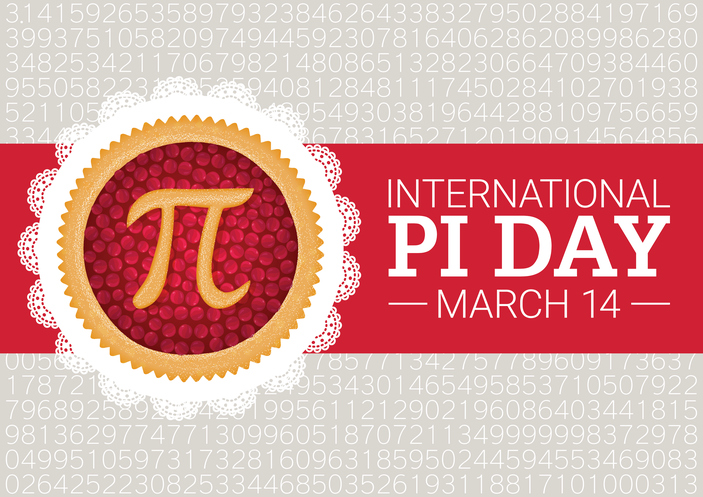 On March 14, or 3/14, mathematicians and other obscure-holiday aficionados celebrate Pi Day, honoring π, the Greek symbol representing an irrational number that begins with 3.14. Pi, as schoolteachers everywhere repeat, represents the ratio of a circle’s circumference to its diameter.
On March 14, or 3/14, mathematicians and other obscure-holiday aficionados celebrate Pi Day, honoring π, the Greek symbol representing an irrational number that begins with 3.14. Pi, as schoolteachers everywhere repeat, represents the ratio of a circle’s circumference to its diameter.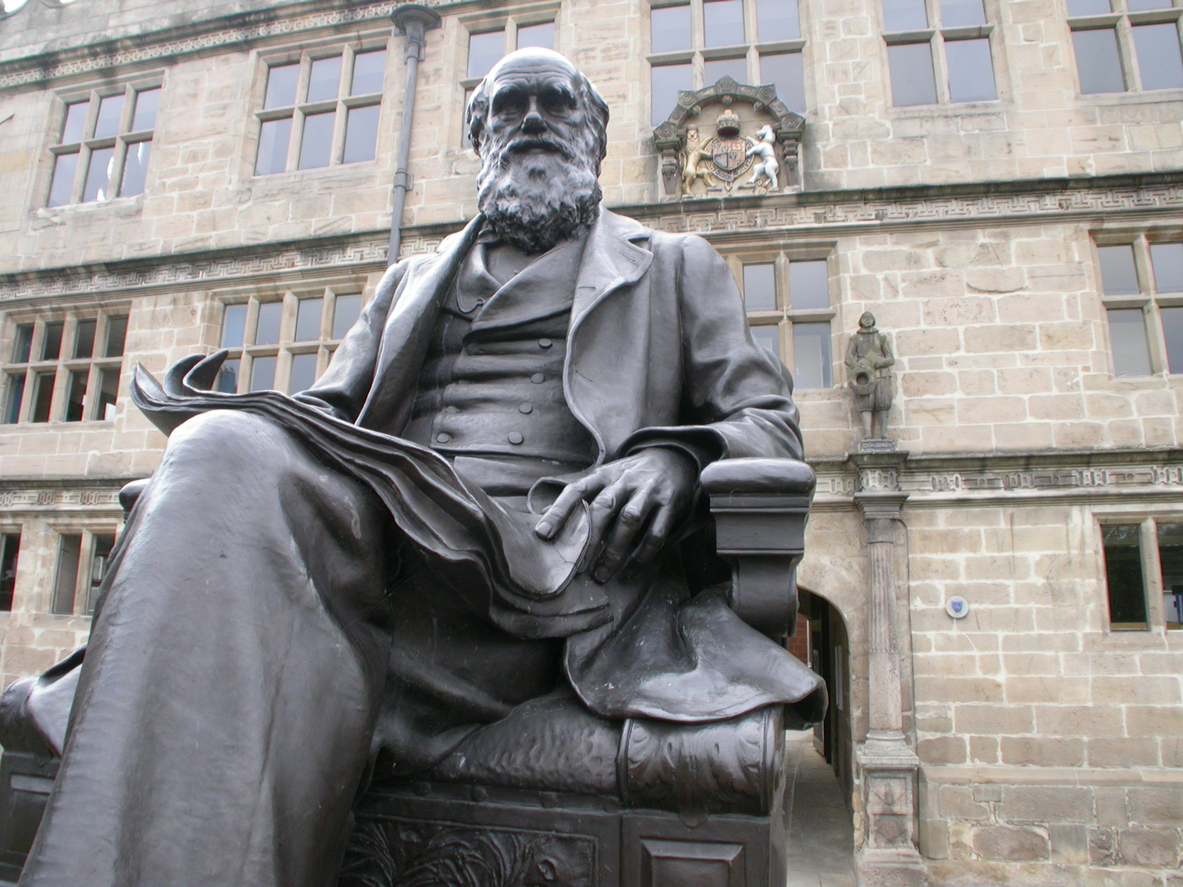 “The
“The 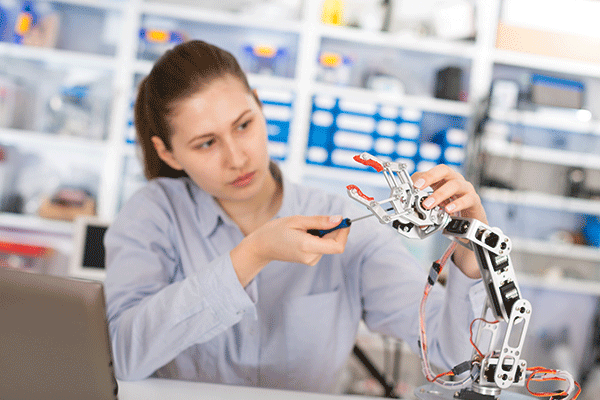 As millions of students of all ages return to school this fall, they are making important choices that have a strong influence on their eventual career path – which college majors to pursue, which high school classes to take, even which elementary school extracurricular activities to join. Many of them – especially women, girls and members of minority groups – make choices that lead them away from professions in the fields of science, technology, engineering and mathematics (STEM).
As millions of students of all ages return to school this fall, they are making important choices that have a strong influence on their eventual career path – which college majors to pursue, which high school classes to take, even which elementary school extracurricular activities to join. Many of them – especially women, girls and members of minority groups – make choices that lead them away from professions in the fields of science, technology, engineering and mathematics (STEM).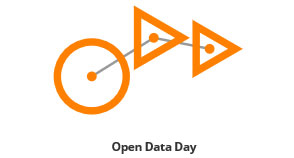 On March 4, 2017, ECS will be celebrating
On March 4, 2017, ECS will be celebrating 